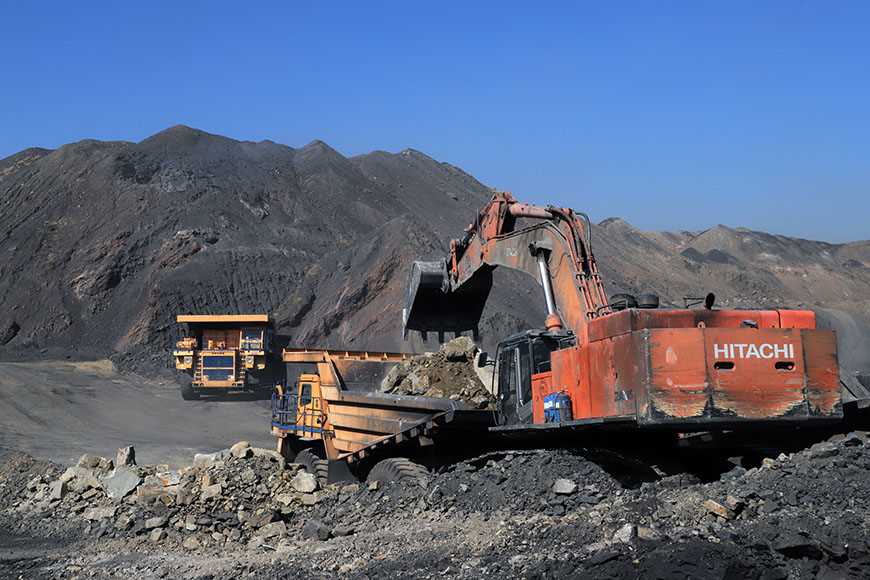
Bridget Mabanda
The Southern Africa Research and Documentary Centre (SARDC) in partnership with the Southern Africa Trust (SAT), has come up with an initiative aimed at to capacitating regional media to report objectively and from an informed point of view on natural resource governance in southern Africa.
At a media training workshop, the (SARDC) Executive Director, Munetsi Mudakufamba says media must play its part and contribute constructively to the debate and dialogue on natural resource governance because the natural resources sector is a technically complex and often secretive sector.
“To promote and catalyse an active and inclusive dialogue on natural resource governance in Southern Africa, there is a need for a strong media that can easily find and interpret essential information about whether or not the many natural resources in our Member States are being exploited in a sustainable manner for present and future generations,” said Mudakufamba.
Mudakufamba also said there are many questions that demand answers if journalists want to understand resource governance.
He highlighted some of the questions journalists do not ask when writing about natural resource governance.
• How do we explain the scarred topography of many of our countries’ land mass, awash with abandoned pits and holes of past and present mining activities?
• What capacity do we have as countries to negotiate or structure what are often complex mining contracts?
Related Stories
• In whose interest do those who negotiate contracts with multi-nationals are doing so?
• How much money on a yearly basis are our countries losing through acts of commission or omission?
“These are just but a few pertinent questions that our media should be asking authorities and multinationals, with a view to enlightening our people, and to hold those in positions of power accountable for decisions they make on behalf of the general populace,” said Mudakufamba.
Furthermore, the Director said that a number of mining laws and royalty regimes and systems are now too old and have actually been leading to the scourge of illicit financial flows (IFF).
SARDC is a regional research centre which strives to provide an alternative source of analysis, with a regional and southern perspective based on regional priorities and achievements and we do so by drawing on reliable data sources rooted in Africa and the South.
There have been accusations over time that conglomerates and foreigners benefit more from Africa’s natural resources, especially minerals, than the indigenous populations that these activities often displace.
Even where the exploitation of these minerals is transparent, African countries often lose out because they do not value-add their products locally. An example is the platinum group of metals where there have been calls to establish smelting plants in Zimbabwe to ensure processing takes place in the country.










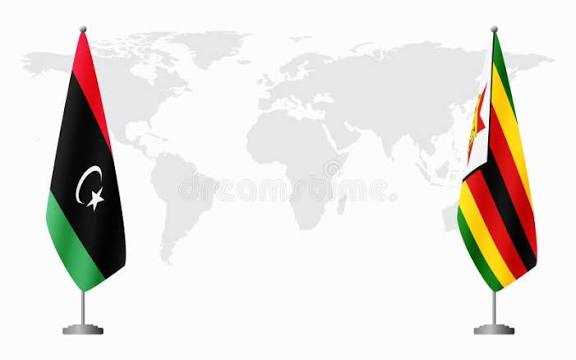
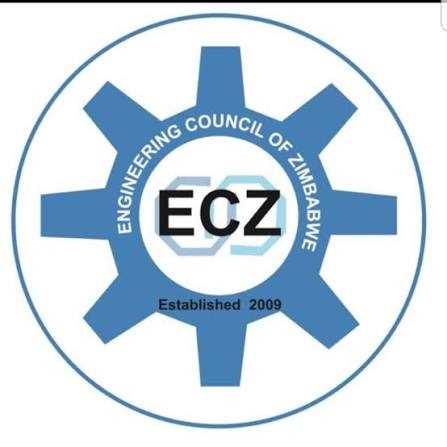
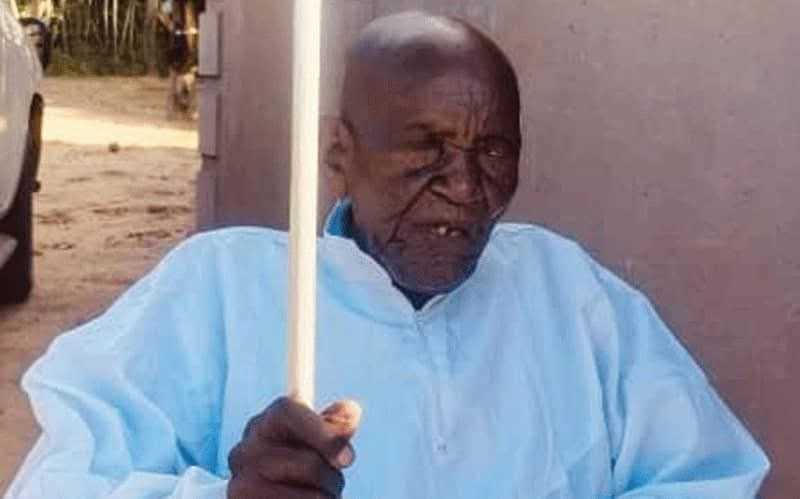

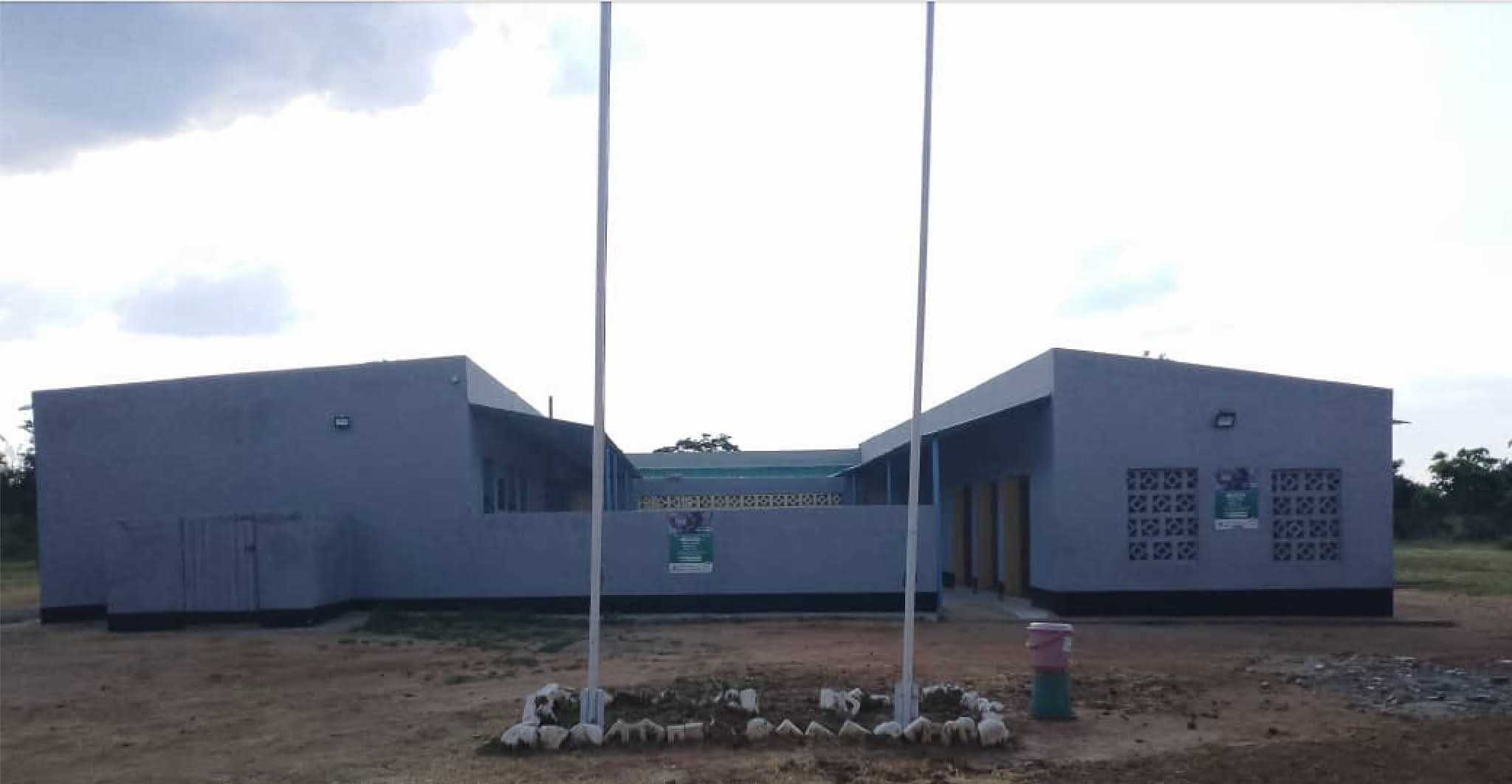

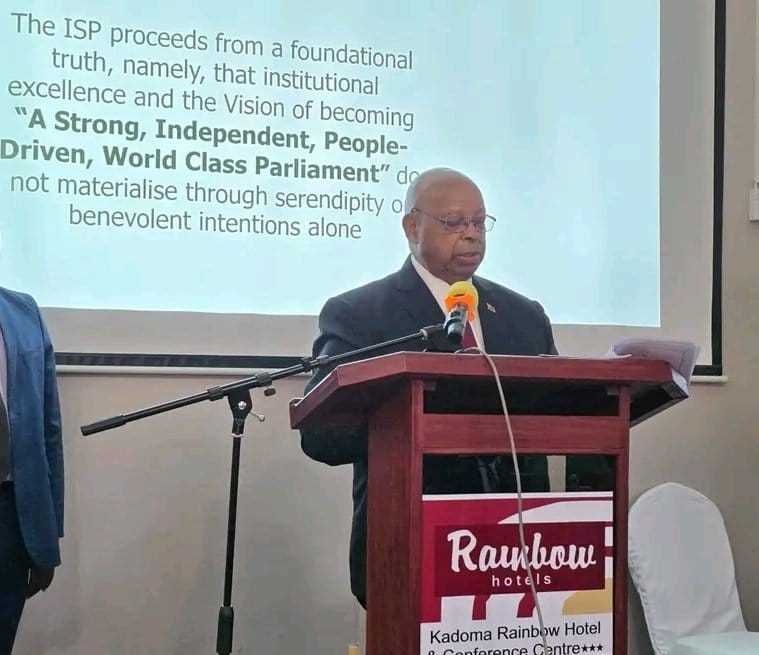
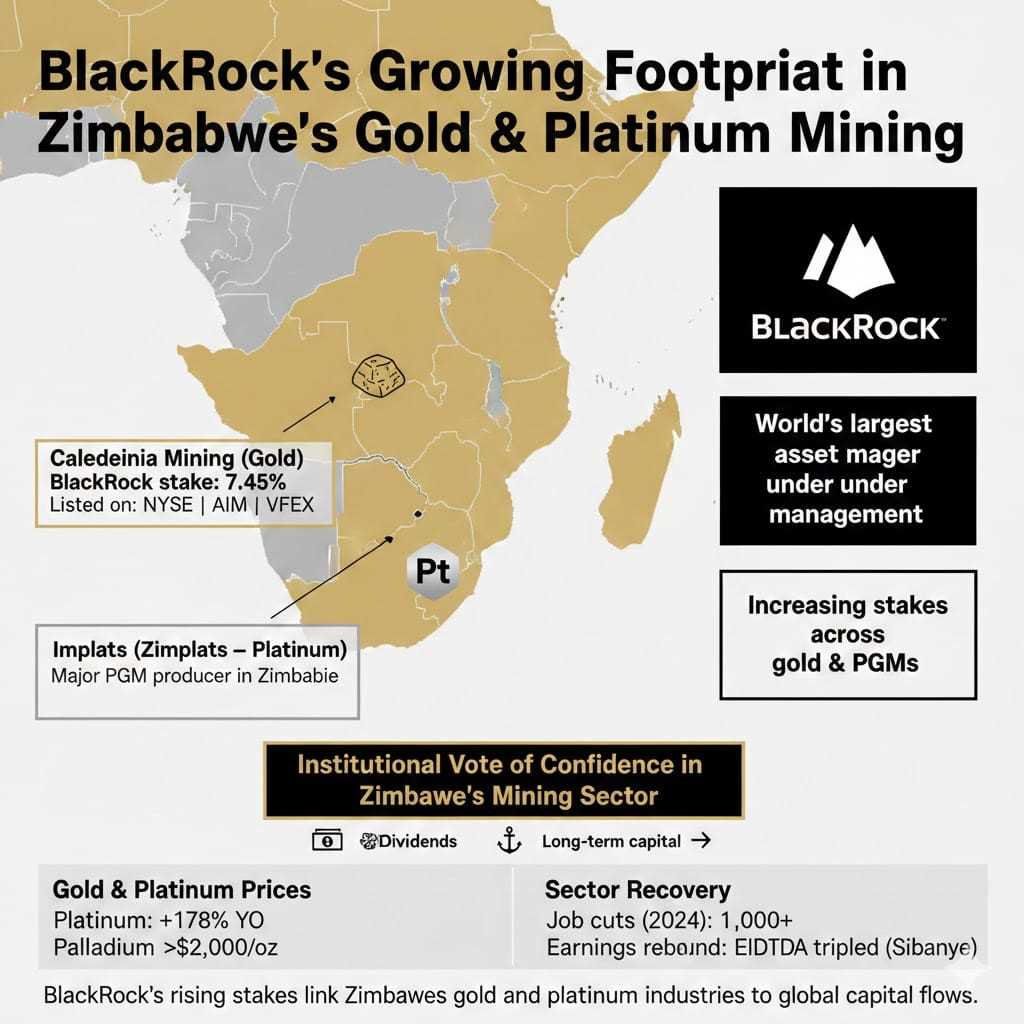


Leave Comments